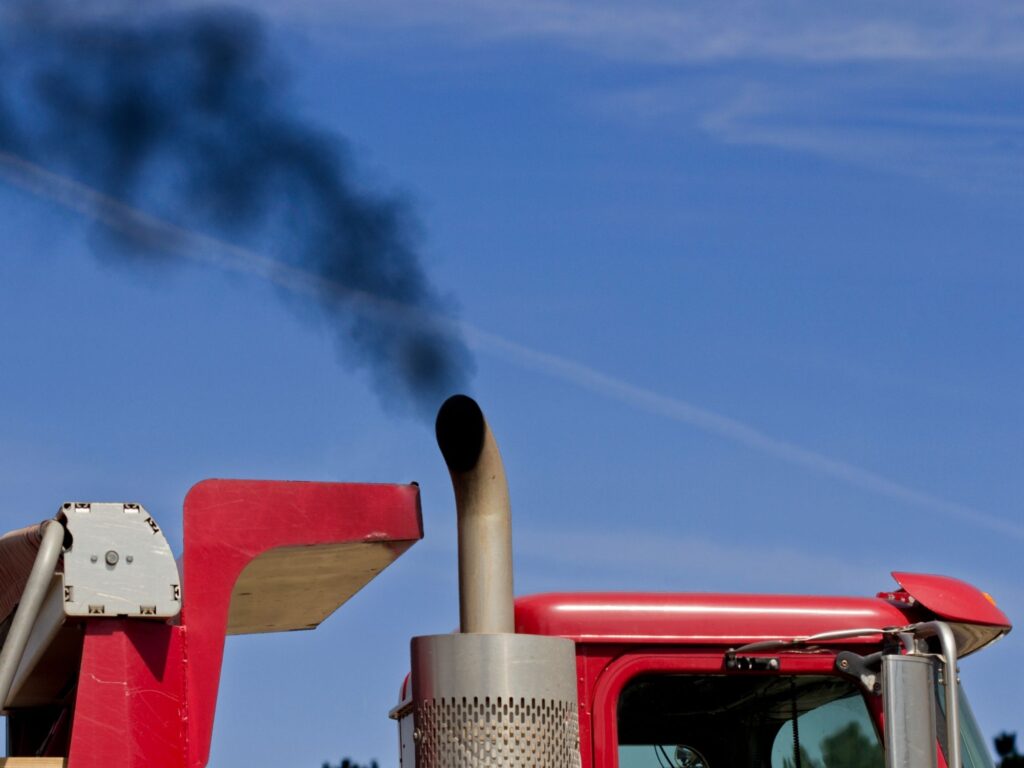Research explores ways to reduce environmental, social and financial impacts of older trucks
- PostedPublished 16 September 2021

In 2019, more than 25 per cent of heavy vehicles on Queensland roads were reported to be over 20 years old.
Such vehicles are often more polluting, less safe, less reliable and more expensive to run than newer alternatives.
The ongoing operation of these older vehicles poses myriad problems and doesn’t align with the increasing focus on reducing transport emissions.
The problem is also not confined to Queensland, according to government body Austroads.
On average, it transpires that the national fleets of heavy vehicles – those above 3.5 tonnes – are older in Australia and New Zealand than those found in most other countries.
To ascertain the scale of the issue, and assess policy options that could reduce the impact of older trucks, Austroads has carried out an investigation and published a new report called Options for Managing the Impacts of Aged Heavy Vehicles.
Austroads, a collective of Australian and New Zealand transport agencies, details numerous benefits to renewing the fleet in its report.
For example, it estimates that replacing polluting pre-1996 trucks could save $A744 million-$1,441 million in public health costs over seven years.
However, although newer trucks were found to have the lowest crash frequency, and older trucks had more defects, trucks over 15 years of age were found to be involved in the same number of accidents as trucks aged 5-15 years.
The report, which is available to read online, also documents and evaluates schemes used elsewhere to reduce the number of older heavy commercial vehicles on the road.
It concludes that the three best measures to reduce the impact of older trucks are low-emissions zones, registration fees that differ by emissions class, and differentiated road charging.
These approaches could also be combined with incentive and scrappage schemes, promoting fleet renewal in Australasia.
Outright bans are not recommended, though, as they would penalise rural operators who do not contribute notably to the emissions-related issues found in urban areas.

- CategoriesIn SightGlass
- Tagsheavy trucks, SightGlass News 24, trucks

